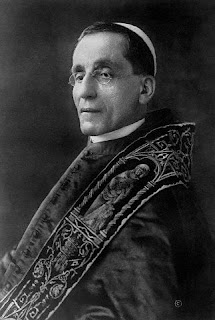Saturday, May 5
The Journey Home
His full account is available at his blog, which you can access via his home page.
There is a conversation in ETS that must take place, a conversation about the relationship between Evangelicalism and what is called the “Great Tradition,” a tradition from which all Christians can trace their spiritual and ecclesiastical paternity. It is a conversation that I welcome, and it is one in which I hope to be a participant. But my presence as ETS president, I have concluded, diminishes the chances of this conversation occurring. It would merely exacerbate the disunity among Christians that needs to be remedied.
The past four months have moved quickly for me and my wife. As you probably know, my work in philosophy, ethics, and theology has always been Catholic friendly, but I would have never predicted that I would return to the Church, for there seemed to me too many theological and ecclesiastical issues that appeared insurmountable. However, in January, at the suggestion of a dear friend, I began reading the Early Church Fathers as well as some of the more sophisticated works on justification by Catholic authors. I became convinced that the Early Church is more Catholic than Protestant and that the Catholic view of justification, correctly understood, is biblically and historically defensible. Even though I also believe that the Reformed view is biblically and historically defensible, I think the Catholic view has more explanatory power to account for both all the biblical texts on justification as well as the church’s historical understanding of salvation prior to the Reformation all the way back to the ancient church of the first few centuries. Moreover, much of what I have taken for granted as a Protestant—e.g., the catholic creeds, the doctrines of the Trinity and the Incarnation, the Christian understanding of man, and the canon of Scripture—is the result of a Church that made judgments about these matters and on which non-Catholics, including Evangelicals, have declared and grounded their Christian orthodoxy in a world hostile to it. Given these considerations, I thought it wise for me to err on the side of the Church with historical and theological continuity with the first generations of Christians that followed Christ’s Apostles.
Praise God, and may we all be as committed to following the Truth, even at greatest personal expense, as he has shown himself to be.












